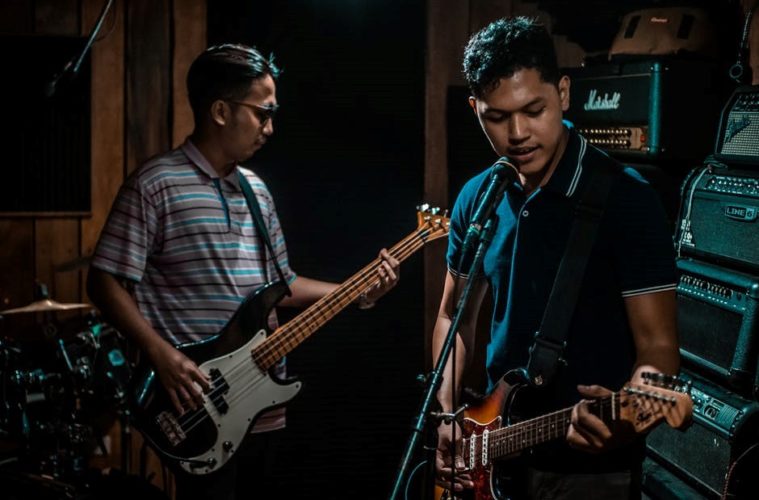Memes have become so much more than just hilarious, relatable images. Memes and music promotion have been working hand-in-hand lately.
Everyone has seen, used, and perhaps even made a meme.
Maybe it’s your guilty pleasure, or maybe you’re known as a memer among your internet peers.
However you use them, there’s a unique strategy advancing internet culture with the help of those digital inside jokes we all share: memes and music promotion.
While this may seem like an odd way to go about music marketing, memes are changing the way we find music.
If you’re not convinced, read on for the complete breakdown of the evolution of meme music.
The Breakdown of Memes and Music Promotion
Memes have paved the way for music promotion in a variety of ways, whether or not that was the intended purpose. But the relationship between music and memes didn’t just appear – there’s actually a history extending back to 12 years ago when the two made their debut.
A Short History
When Soulja Boy dropped his 2007 hit “Crank That,” he also released a music video with its own dance. That video started a domino effect of others recording their own versions of the dance and sharing them online. Soon, “Crank That” topped the charts. Memes and music have gone hand-in-hand ever since.
Memes like this, where a dance becomes so popular that it is recreated over and over again, is an example of how memes influence the music industry. In this case, this dance became a means of free advertising for the hit and a revolution in hip hop.
Since 2007, other artists have jumped on the meme marketing trend. Memes can be much more than dance moves, though. In 2017, French Montana started the #UnforgettableDanceChallenge to promote his music video for his song “Unforgettable.”
The hashtag prompted millions of people to tag their “Unforgettable” dance moves, similar to what made Soulja Boy’s hit ten years before so successful. Unlike Soulja Boy, though, French Montana used a hashtag – a tool that centralized a place for the meme to grow.
The Impact of Non-Promotion Memes
The rise of the promotion meme was just the start. Not only are memes used as a marketing tool, but notoriety of musicians is sometimes gained by the creation of a meme.
Toronto-based rapper and singer Drake became a popular meme long after he rose to fame. Even if you don’t listen to Drake, you’ve surely come across meme formats, or Drakeposting, using his likeness.
In this case, musician memes had the effect of promoting the artist’s likeness instead of their music. While this isn’t necessarily music promotion, it still allows a musician to become well-known – and often not by their own doing.
Memes as Unintentional Marketing Tools
Memes are sometimes used and created by musicians – not as a marketing tool, but as a hobby. Lil Nas X was a memer long before his music career, and he incorporates memes into his social media posts regularly.
By making and posting interesting memes, a musician can actually become likable and thus promote their music, just by being themselves.
Why Memes?
Memes are an accessible form of communication that often transcend language through shared knowledge. For example, Soulja Boy’s “Crank That” dance meme is about the dance moves, so you don’t have to understand English to understand the meme.
Memes are also an accessible medium. Tools like Adobe Spark’s meme creator make it easy to create memes in a short amount of time.
In today’s world, memes are everywhere. So it makes sense for musicians to tap into that potential for their own benefit.
The Future of Music and Memes
The successful relationship between memes and music promotion is not going anywhere.
If you haven’t already, it’s time to embrace meme music culture and starting laughing (or cringing).


